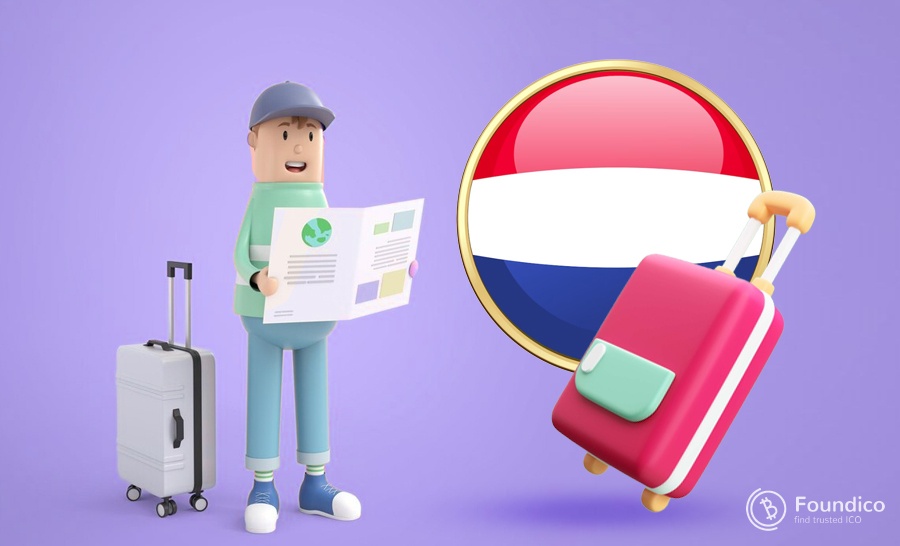A Guide to Life in the Netherlands for Immigrants

For those considering a life in the Netherlands as an immigrant, this article provides insights into various crucial aspects of the experience.
Housing and Living Costs
Living in Dutch cities like Amsterdam, Rotterdam, and Utrecht has become increasingly expensive. In 2021, renting a one-bedroom apartment in city centers could range from $1,200 to $1,800, while outside city centers, prices might fall between $900 and $1,400. When factoring in groceries, utilities, transportation, and leisure, a single person's monthly expenses could reach $1,000 to $1,500.
Taxation
The Dutch tax system operates on a progressive scale, with tax rates varying from around 37.1% to 49.5% for higher incomes. Skilled migrants relocating to the Netherlands can benefit from the 30% tax ruling, which provides a substantial tax exemption applied to their gross salary.
Employment and Business Prospects
The Netherlands offers a wide range of job opportunities, with a particular focus on fields like technology, engineering, finance, and services. Its central European location makes it an appealing base for businesses and startups.
Quality of Life
Consistently ranking high on global quality of life indices, the Netherlands boasts exceptional public transportation, healthcare, education, and public services. Additionally, it provides enriching cultural experiences and promotes a work-life balance.
Social Support and Education
Dutch schools are renowned for their high standards, and international schools cater to the expatriate community. The country's universities hold global recognition. Immigrant integration programs and expat groups are readily available to help newcomers acclimate to their new environment.
Healthcare
The Netherlands features a comprehensive and efficient healthcare system, although it is predominantly privatized. All residents must have health insurance, with various packages to accommodate different needs and budgets.
Legal and Administrative Considerations/Immigration Process
EU/EEA/Swiss citizens can reside in the Netherlands without requiring a residence permit. Non-EU/EEA citizens may need a residence permit and/or work permit. The Highly Skilled Migrant Program is a popular option among professionals, allowing companies approved by the Dutch Immigration and Naturalization Service (IND) to employ individuals from outside the EU.
Cultural and Linguistic Differences
While Dutch is the official language, English proficiency is high, particularly in urban areas and among younger demographics. Dutch people are known for their straightforward communication style and liberal values, underlining the importance of understanding local customs and norms for successful integration.
Author: Pooyan Ghamari, Swiss Economist & Visionary




